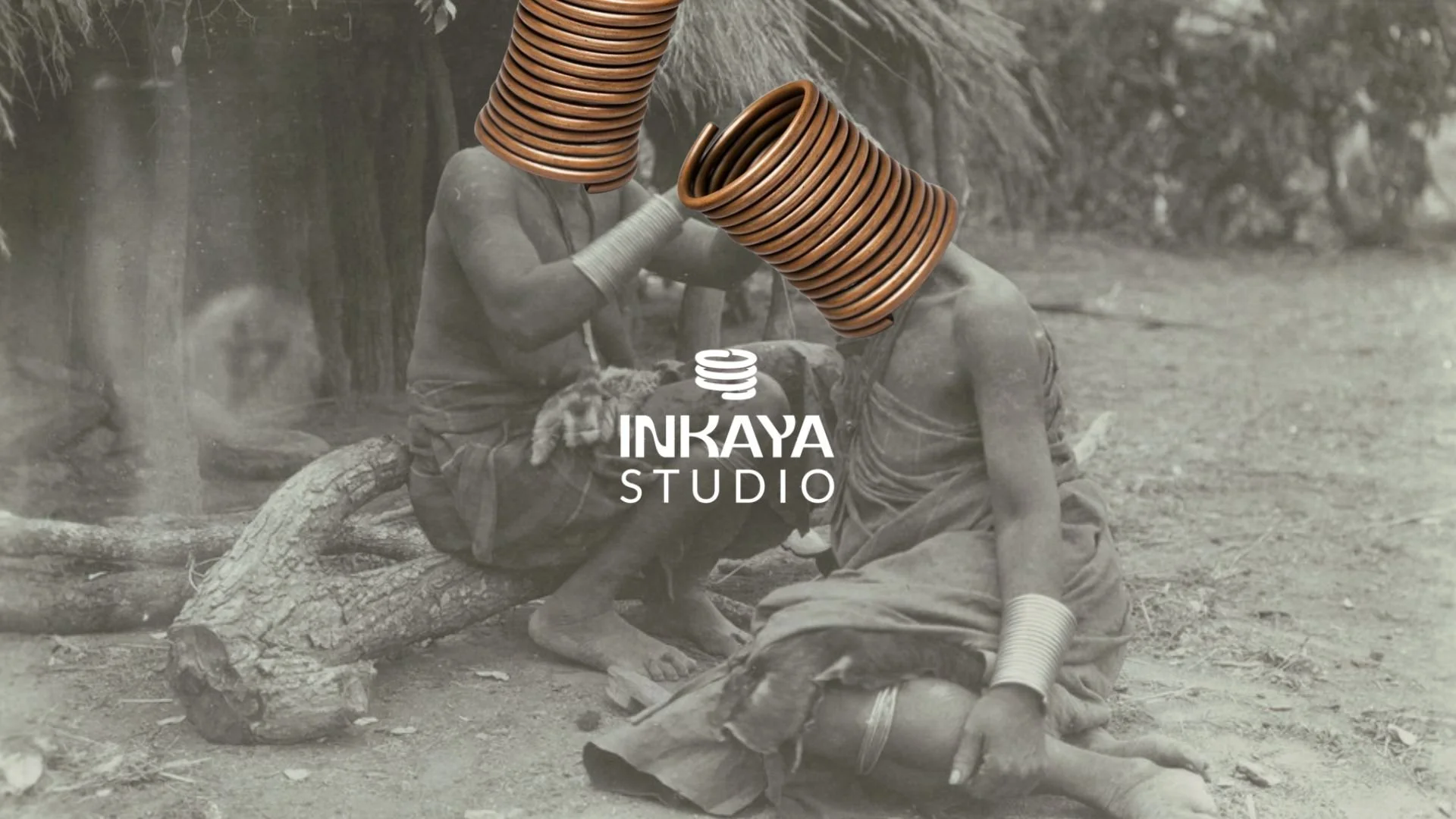
WHO ARE WE?
Our journey is an ode to ancestral earth centered around the preservation of ancestral design cultures. We preserve our roots through the use of mainly indigenous Zambezian knowledge.
We are a youth- and women-led initiative in Zambia using creativity to spark meaningful change, for culture, for people and for the planet. We focus on climate education, ancestral knowledge, and the empowerment of rural women and youth in the artisanal sector.
We are deeply passionate about Sustainable Development within the Zambian artisanal sector. One of our base visions as a community oriented project is to be an active part of the paradigm shift in which artisanal industries are positive and equitable spheres for people and the planet alike.
Through culturally grounded, climate-responsive training, we revive ancestral skills and co-create community-led curricula that foster local innovation, address socio-economic and environmental challenges, and nurture creative agency.
Our name comes from ciTonga and refers to a layered bracelet crafted by baTonga using materials from the Earth. In buTonga culture, body adornments like these bracelets are central to personhood and tradition. For us, they symbolize and celebrate the imaginative cultural identities of our ancestors and those of our future(s).
Sustainability Manifesto
For Culture, People and The Planet We Commit to the Following:
-
Radical Zambezian Reimagination: Culture as Our Source of Inspiration
Radical Zambezian Reimagination is an approach centered around preserving and making use of ancestral pasts to generate a new trajectory of thought, action, and object.
It calls for a return to the wellspring of indigenous knowledge systems, ways of knowing, making, and being that are deeply attuned to the rhythms of land, water, and community. Through this, we seek to unlearn extractive models of creativity and reimagine culture as a living, regenerative force that connects us to the cycles of life.We draw inspiration from oral traditions, local materials, communal work, and the ritual of making as acts of resistance and renewal. In doing so, we affirm that cultural continuity is not a relic of the past, but a practice of care and innovation. By grounding design and development in cultural wisdom, we nurture a sustainable future that is rooted, inclusive, and self-defined.
-
Cultivating Networks of Care and Exchange
At Inkaya, we believe that sustainability begins with people, with the artisans, growers, and community builders whose skills and stories shape our shared future. Through our training programmes, research initiatives, residencies, and creative collaborations, we nurture ecosystems of learning that connect artisanal practice with environmental consciousness and cultural renewal.
We work alongside women and youth in rural Zambia, equipping them with skills in sustainable design, production, and entrepreneurship. By sourcing locally and working with community-based suppliers, we reduce our energy footprint while strengthening local economies.
Our residencies and learning exchanges invite people from Zambia and around the world who are curious, experimental, and open to engaging with land, nature, ancestral knowledge, and climate change. These exchanges create spaces for dialogue, co-creation, and collective imagination, where diverse perspectives meet and evolve together.
Our approach to training and collaboration is participatory and rooted in reciprocity, where knowledge moves in all directions. In this way, we build networks of empowerment that sustain livelihoods, revive indigenous knowledge, and nurture the collective resilience needed for a just and regenerative future.
-
Designing in Harmony with Nature
At Inkaya, the planet is our teacher. We look to nature not only for inspiration but for guidance on how to live, make, and restore in balance. Through a biomimetic approach, we study the intelligence of ecosystems to inform how we design, produce, and care for what we create. Connection to the natural world fuels our imagination and reinforces our commitment to do no harm.
We embrace the Cradle to Cradle philosophy, ensuring that every piece we produce contributes positively to both people and the environment across its full life cycle. Our materials are chosen with intention, prioritising renewability, circularity, and minimal waste. Through continuous experimentation, we strive toward low and zero-waste production, crafting in ways that regenerate rather than deplete.
Beyond production, we invest in reforestation and land restoration, recognising that environmental repair must be woven into our creative practice. We engage our communities in climate education, fostering awareness and shared responsibility for sustainable consumption and production.
Inkaya’s work reaffirms that sustainability is not a trend but a return, a remembering of how to live in reciprocity with the Earth. By designing in harmony with nature, we aim to contribute to a future where creativity restores, rather than extracts, from the living systems that sustain us all.

In 2024, Inkaya was honoured to receive a Youth4Climate grant allocated to building the Inkaya Community Studio—an off-grid, environmentally responsible space that will provide training, employment, and host residencies and research for artisans, youth, and the wider community.
Youth4Climate (Y4C) is a global initiative, co-led by Italy and the United Nations Development Programme (UNDP). Y4C supports the implementation of youth-led and youth-inclusive solutions to environmental and climate challenges, both financially and through capacity development. The initiative brings together existing and new online and offline resources, tools, capacities, partnerships, networks and movements designed by and for youth, with a strong focus on the implementation of solutions, for a more sustained impact on the ground. It aims to foster an inclusive, safe and enabling environment for youth to lead and partner with other stakeholders on climate action."
The Inkaya Community Studio, being built in Chisakila Village, Kafue District, Chiawa Kingdom, will function as a dedicated hub for sustainable artisanal development in Zambia as well as an experimental residency space. Designed with vernacular architecture and green construction methods, and powered entirely by clean renewable energy, the studio will stand as a living model of the values it seeks to share.
It will expand access to artisanal skills training, foster women’s economic empowerment, and strengthen youth participation in climate-conscious livelihoods. Beyond training, the studio will serve as a platform for research and cross-disciplinary exchange, linking local knowledge with global conversations on sustainability and design.
Through this investment, Inkaya is positioned to scale its impact, creating long-term opportunities for underserved communities while contributing to broader sustainable development goals.










